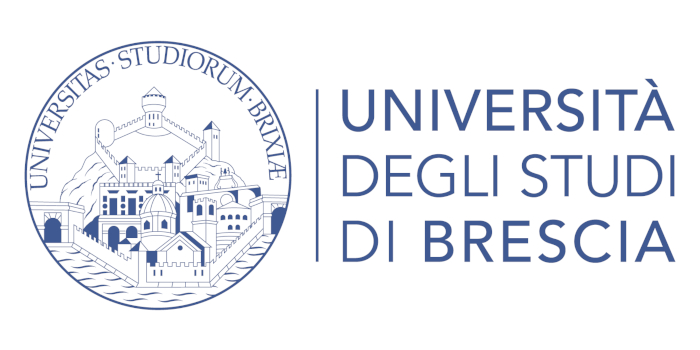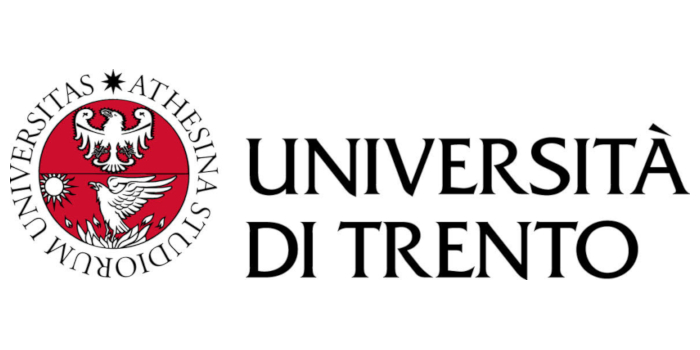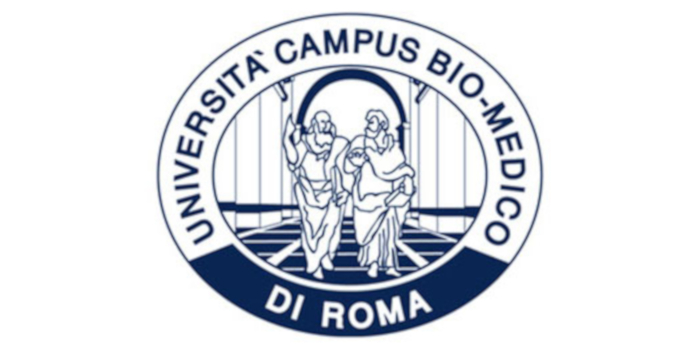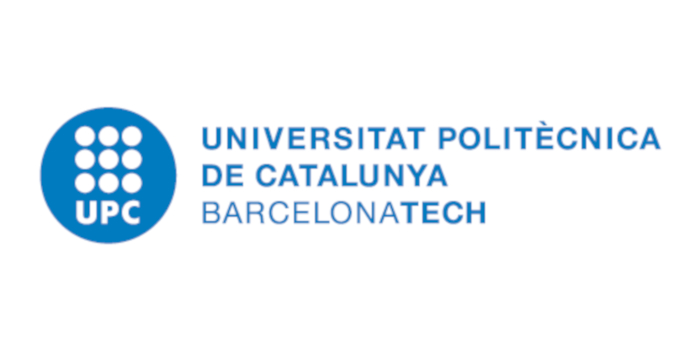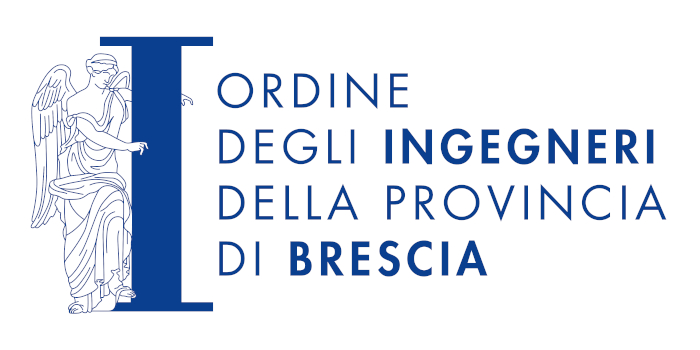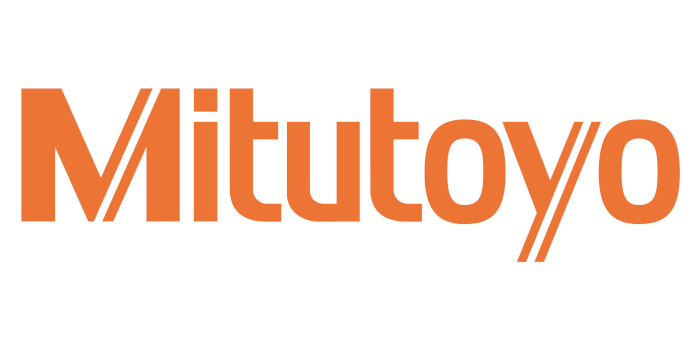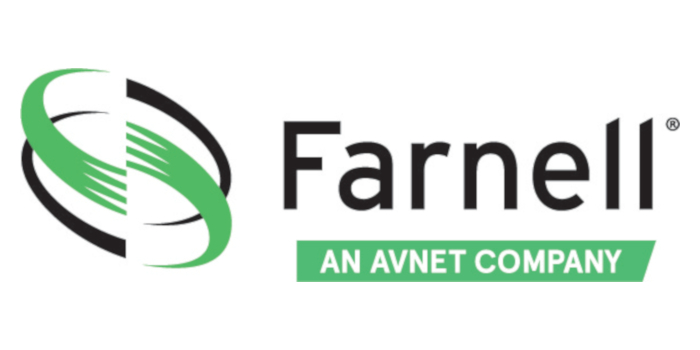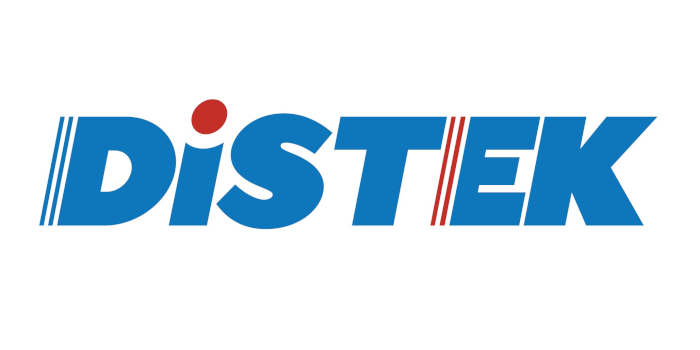SPECIAL SESSION #11
Augmented products for safety and sports
ORGANIZED BY
Teodorico Caporaso
University of Naples Federico II, Italy
Stanislao Grazioso
University of Naples Federico II, Italy
Antonio Lanzotti
University of Naples Federico II, Italy
Giuseppe Di Gironimo
University of Naples Federico II, Italy
ABSTRACT
Augmenting a product means adding features at its core or at its additional functionalities. In the context of workplace safety and ergonomics, augmented products aim at improving safety and health of the workers for ensuring workers’ wellbeing and reducing risk of injury. Possible examples of augmented products include, but are not limited to, wearable devices for measurement and assessment of workers physical status or wearable robots (i.e., exoskeletons) for assisting human movements in specific and stressed conditions. In the context of sports technology indeed, the goal of augmented products is to monitor and enhance in time the athlete’s performance, reduce the risk of injury and increase the engagement in sports for young and disabled people. Examples include, but are not limited to, wearables that can be easily augmented through the integration of sensors to perform non-invasive measurements for the monitoring of their physical status. This special session is devoted to novel design approaches and applications in augmented products, that can be integrated with embedded sensing and/or actuation capabilities, to have a broad impact in the sports technology and workplace safety industries.
TOPICS
- Apparel and textile engineering for sportsmen and workers.
- Design and prototyping of wearable sensors for sportsmen.
- Modeling and simulation of human-product interaction.
- Design and prototyping of wearable robots for workers.
- Tools and methods for athlete’s performance analysis and injury prevention.
- Safety devices for sportsmen and workers.
- Simulation and modeling strategies for worker’s physical status assessment.
- Testing methodologies for sports apparel and equipment.
- IoT system to monitor the condition and use of the product.
ABOUT THE ORGANIZERS
Teodorico Caporaso is Assistant Professor at the Department of Industrial Engineering of University of Naples Federico II, member of IDEAS Lab. He holds the Master’s Degree in Mechanical Engineering from University of Naples Federico II and, with his thesis achieved several awards as the "Leonardo Award" by the Leonardo Committee. In 2019 he obtained the PhD degree in Industrial Engineering at the same university with a research activity focus on development of biomechanical based analysis tools for the evaluation of infringements and performance in race walking. His major research interests include design and methods for wearable user centered products for non-invasive assistance and monitoring of human functionality. He is a Committee member of international society ISEA and member of ADM. He is also an international competitive race walker two times member of Italy national team at the Olympic Games 2016 and 2021.
Stanislao Grazioso is Assistant Professor at the Department of Industrial Engineering of University of Naples Federico II, member of IDEAS Lab. He holds a Master’s Degree in Mechanical Engineering and a PhD Degree in Industrial Engineering from University of Naples Federico II. He is the team leader of the BIOIC (Bioinspired soft robotic systems for cognitive production) project <https://www.bioic.unina.it/> for University of Naples Federico II. His research interests include design methodologies for soft robotics and human-centric products. He is the recipient of the 2019 Georges Giralt PhD Award <https://en.wikipedia.org/wiki/Georges_Giralt_PhD_Award/> for the best European thesis in robotics in the year 2019. He is member of ADM, IEEE, ASME and IEEE Robotics and Automation Society.
Antonio Lanzotti is Full Professor in Design Methods of Industrial Engineering at the Department of Industrial Engineering of University of Naples Federico II. His main research interests are: product development, user centred design, soft robotics, modeling and simulations, virtual reality, ergonomics, wearable sensor system and additive manufacturing. He is the head of the Joint Lab Interactive Design And Simulation for engineering advances (https://www.ideas.unina.it/). He is the Project Leader for the International project BIOIC (Bioinspired soft robotic systems for cognitive production), which is co-funded by Fraunhofer Gesellshaft and University of Naples Federico II, in cooperation with Fraunhofer IWU (Dresden/Chemnitz) https://www.bioic.unina.it/ .
Giuseppe Di Gironimo is Professor of Virtual Prototyping at University of Naples Federico II. He received with honors the master’s degree in Mechanical Engineering in 1999 and the PhD in Mechanical Design in 2002. His research interests include Virtual and Augmented Reality, Ergonomics and human centered design, biomechanics and human motion analysis, virtual maintenance and remote maintenance technologies, soft robotics, human-robot interaction, Fusion Engineering. He is the Head of the Virtual Reality Lab "MARTE", the Motion Analysis Lab "ERGOS" and the "IDEAinVR" Lab (Interactive Design and Ergonomics Applications in VR). He is the Head of Mechanical Design Unit and member of the Scientific Board of CREATE Consortium. He was member of the Scientific Board, Responsible for Global Mechanical Integration and Leader of the WP Remote Handling System of the "Divertor Tokamak Test facility" (DTT), co-funded by EUROfusion.





